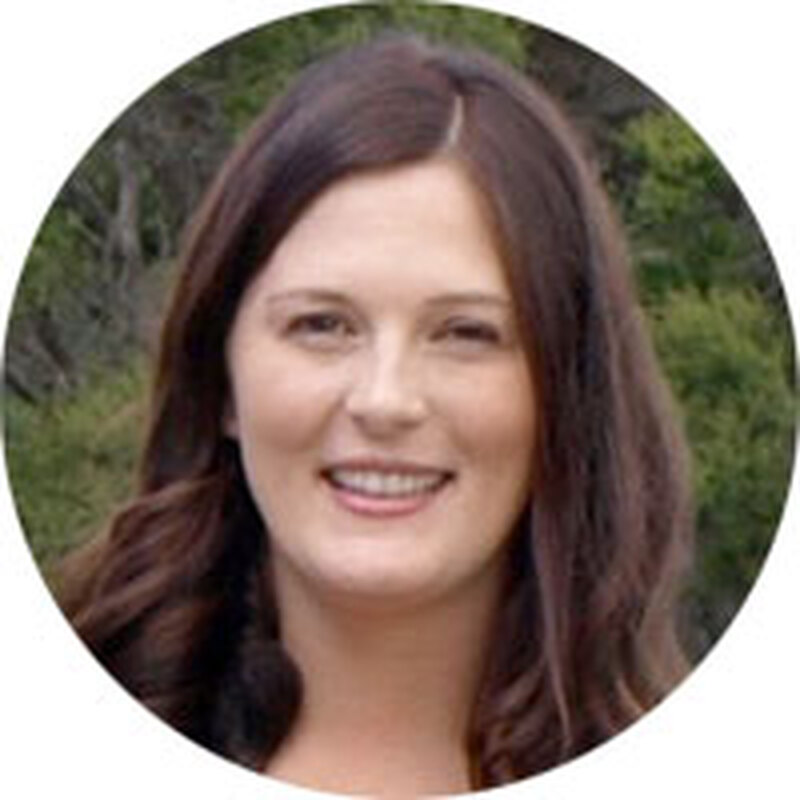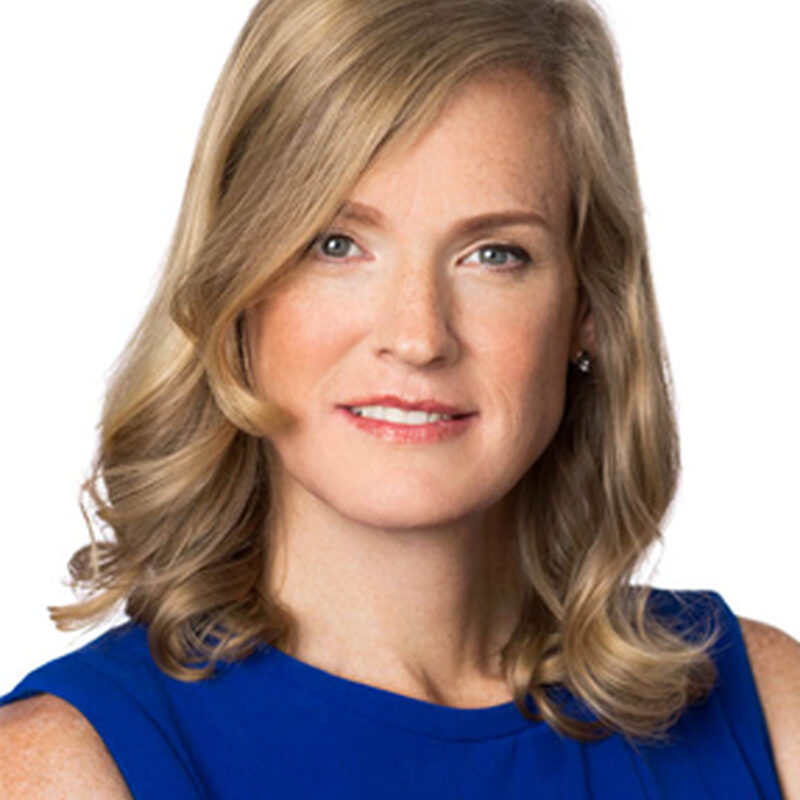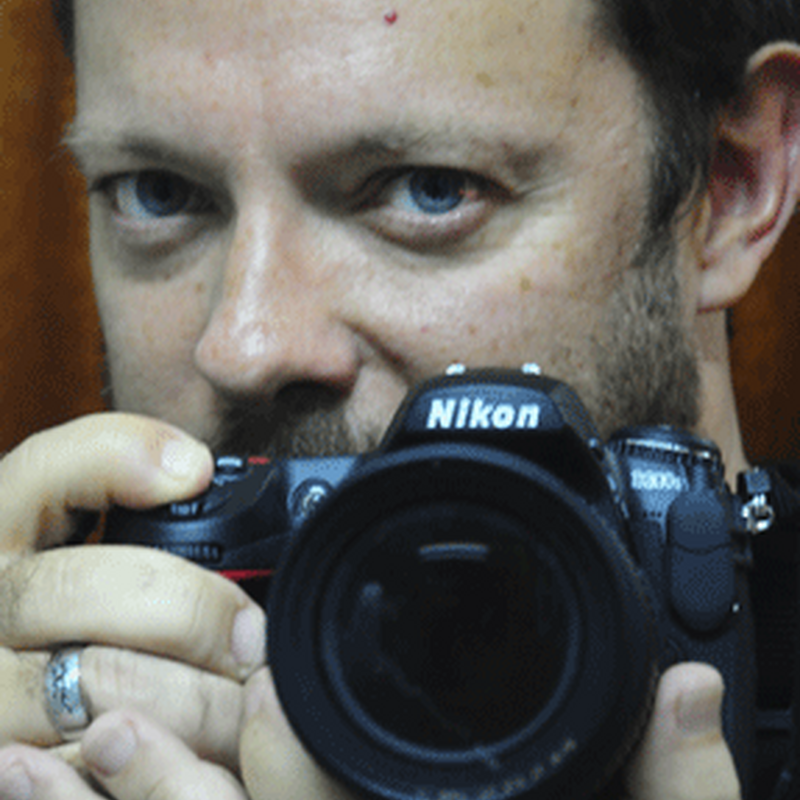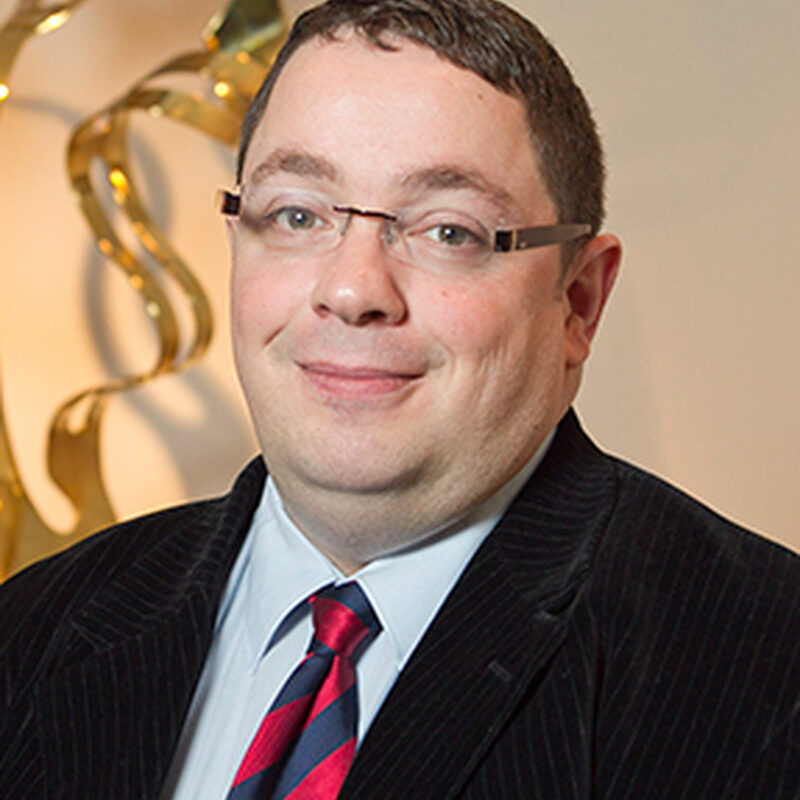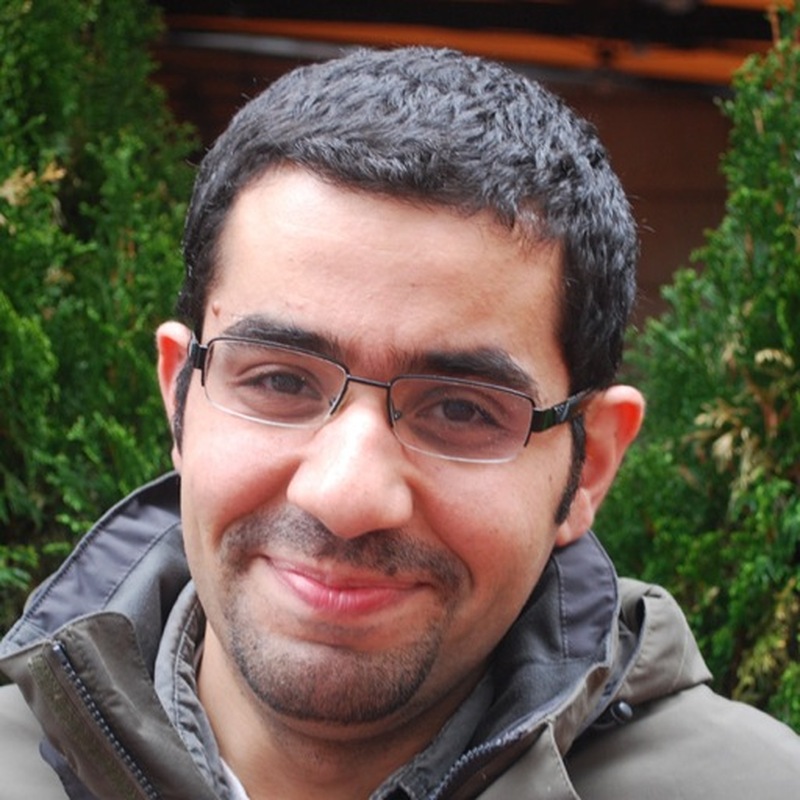Ali Ansary is a medical student at Rocky Vista University, where his drive and passion have come from developing and driving new technologies that improve the overall healthcare of patients and their community. Ansary earned his undergraduate degree at the University of California, Berkeley and his master’s at the University of Cambridge, UK where he focused on new and emerging technologies and translating research from the benchside to the bedside. Ansary lead a team to focus on developing a subdermal drug delivery device for tuberculosis to address the issue of noncompliance. CNN highlighted the concept as one of the “six ideas that could change the world.” Ansary spent time working on his master’s dissertation in collaboration with the Healthcare Advisory group at PriceWaterhouseCoopers in Dubai, UAE and the Abu Dhabi Health Authority, UAE on how to create affordable and accessible medicines in the Gulf Cooperation Council (GCC). After Cambridge, Ansary worked at the World Health Organization in the Department of Nutrition for Health and Development. Ansary is co-founder of SeventyK, a non-profit working to discover new ways to address the disparity that exists with adolescent and young adults with cancer. In 2010, Ansary became an Ariane de Rothschild Fellow, a prestigious network of international entrepreneurs with a demonstrated interest in social change and cross-cultural dialogue.
Ali Ansary
Co-Founder, SeventyK
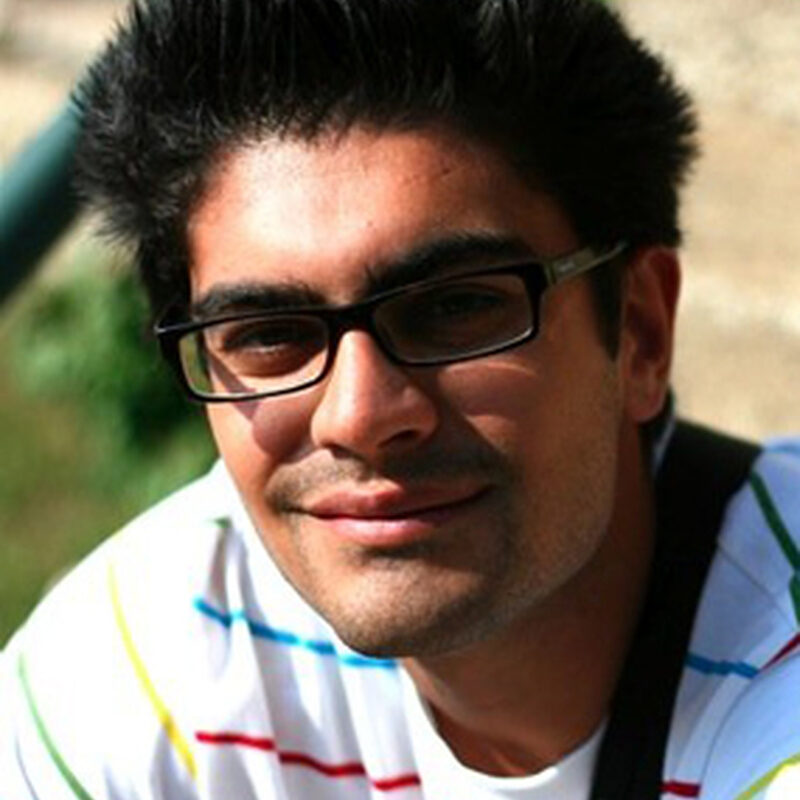
TEDMED Contributions
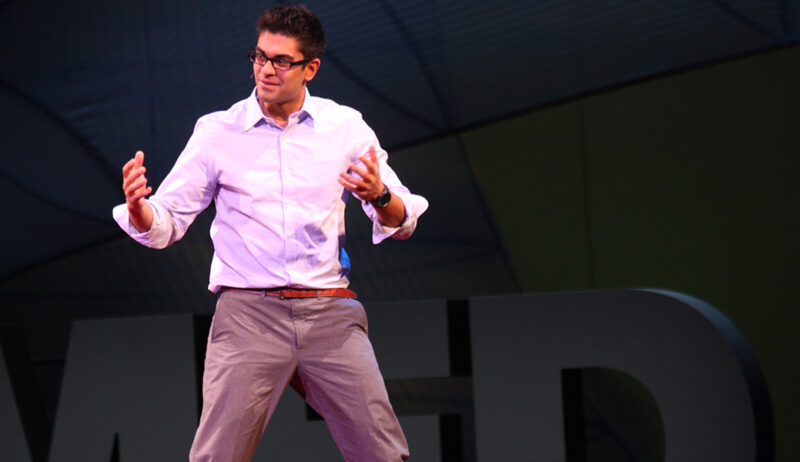
Ali Ansary
So technology is a crutch... you got a problem with that?
Ali Ansary, co-founder of SeventyK, says the next frontier of medical tech will actively change our health behavior – with or without our help.

Ali Ansary
Ali Ansary - Q&A at TEDMED 2012
Ali Ansary, co-founder of SeventyK, answers questions about the future of medical tech and how it will affect healthcare – for all who use it from the patients…
Related people
All People
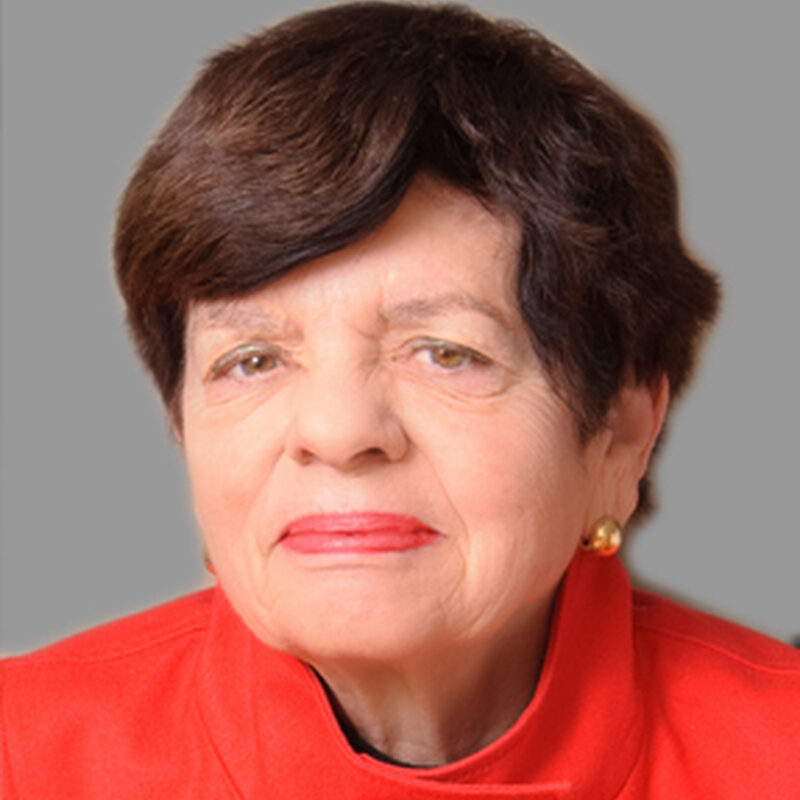

Alison Pilsner
Director, Client Services
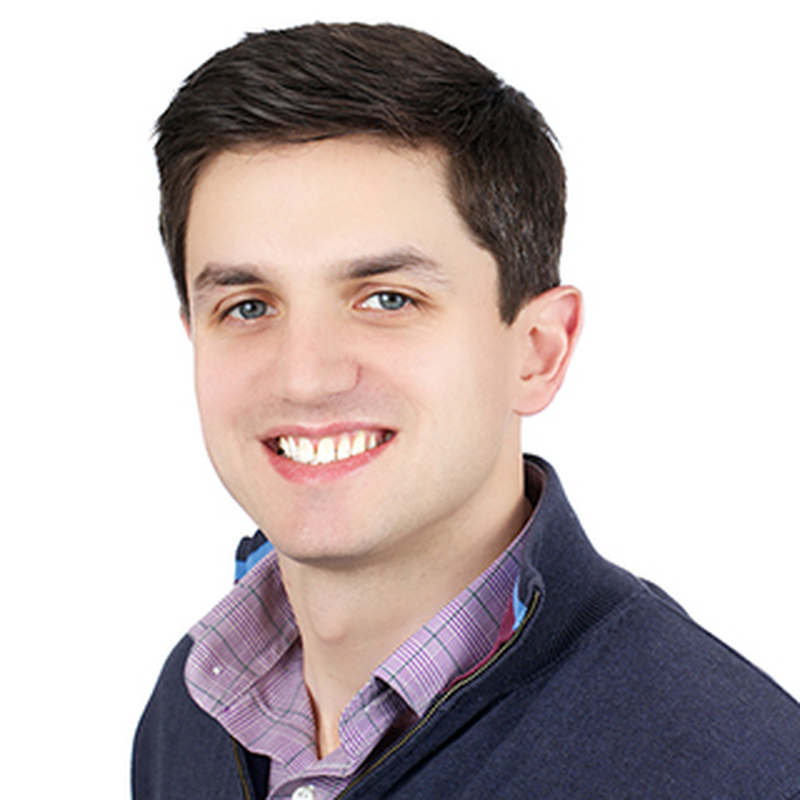
Aleks Radovic-Moreno
Co-Founder
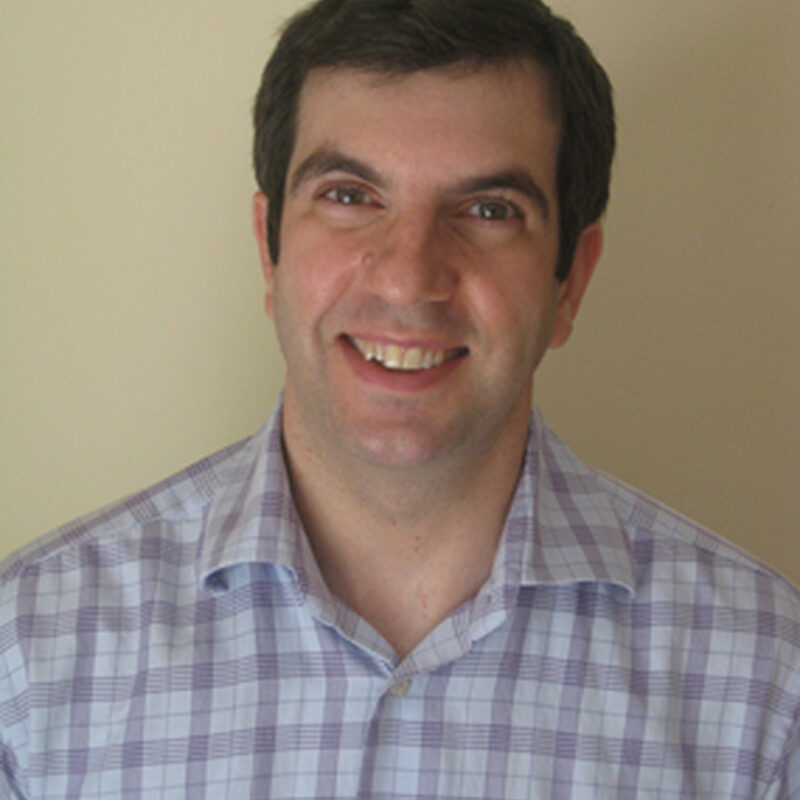
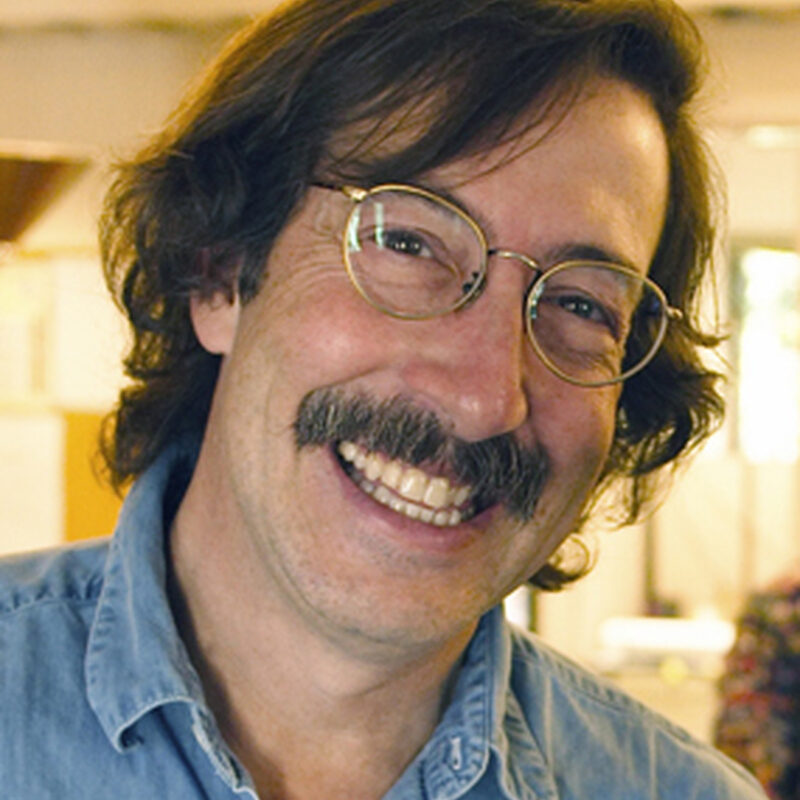
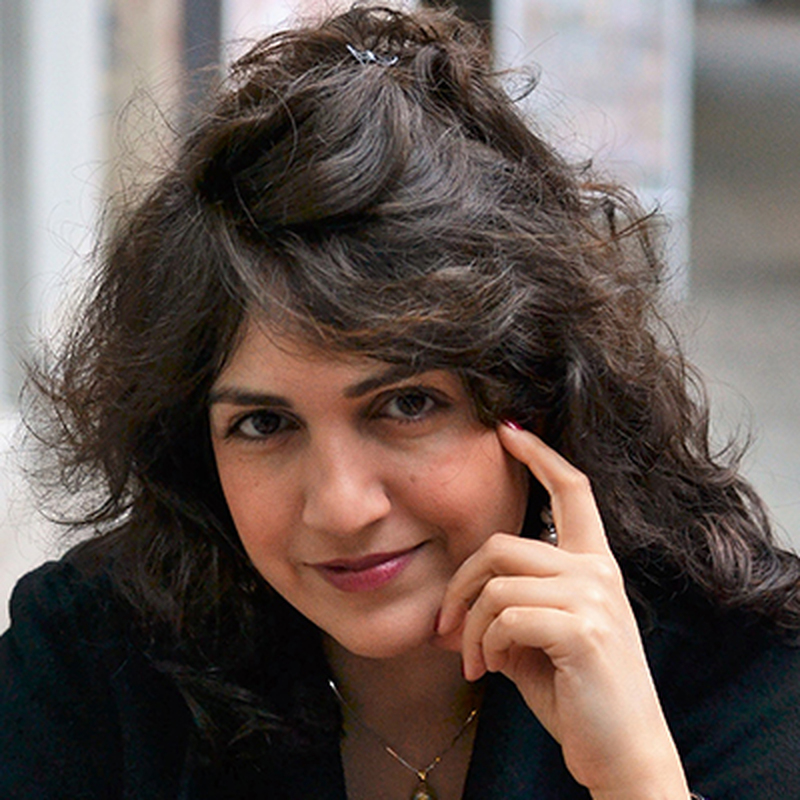
Padideh Kamali-Zare
Founder & CEO
